Philosophy Blog
A philosophy workshop for children about a Donkey and his Humans
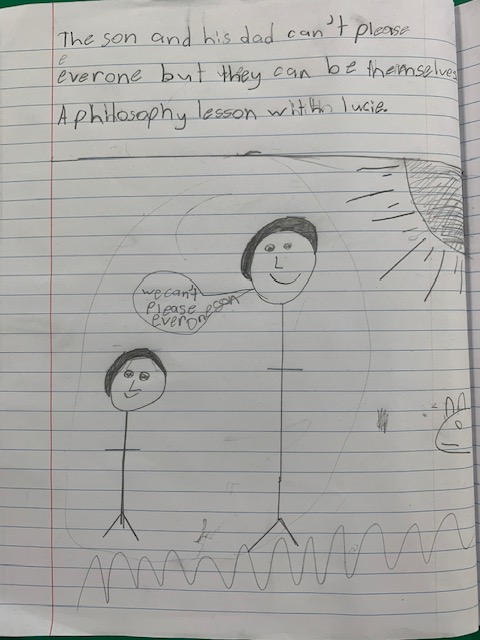
Wonderful philosophy workshop today, around the story of The miller, his son and the donkey with Year-3 girls from a Merivale junior school.
We visualised the story as it was being read, and then shared what we had seen and understood. After answering a few questions we got to draw our favourite part of the story.
Some picked the “lesson” part, others the hilarious bit when the miller ended up carrying the donkey on his shoulders!
It’s been lovely reflecting on this fable and we are already looking forward to the next session!
Elemental poetry: a Bachelardian perspective
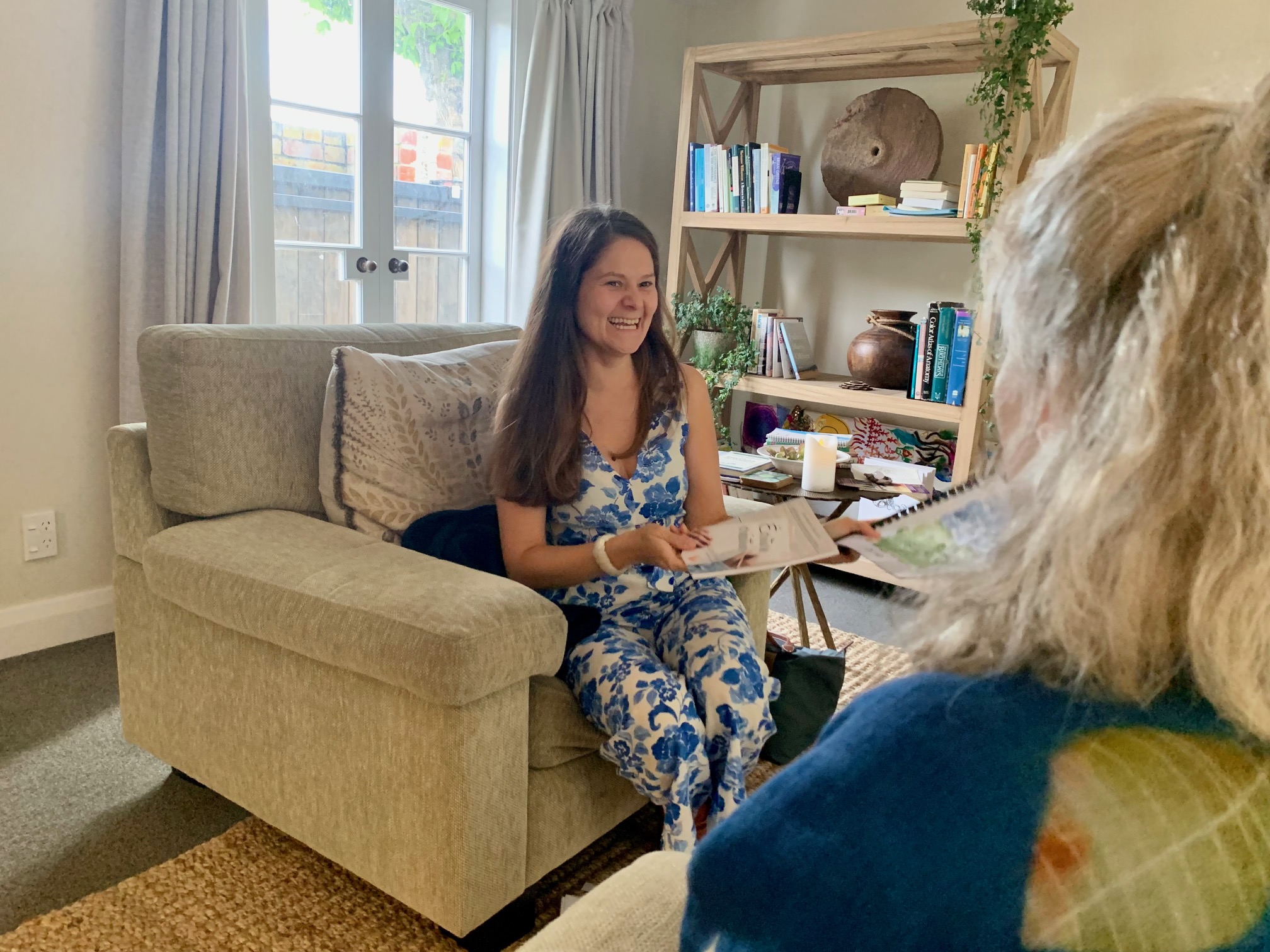
Last night was our first evening dedicated to French philosopher Gaston Bachelard. It has been wonderful to share a little of his deep love for poetry, and more specifically his work on the poetics of fire, water, earth and air. It was only the beginning of a five nights cycle, that I am so excited and grateful to have opened!
Special thanks to Susannah who enchanted us with her soulful voice and to Sally, from the Hagley Writers’ Institute. Thank you so much for your presence.
If you think you’d love to gift yourself this experience (of deep reflexion, connexion to yourself and others, creation of something beautiful), but can’t find the time, or the energy, please, just come. You will be well taken care of, on an evening that participants have kindly called “safe”, “surprising”, “playful”, “fresh”, “new”, “delightful”…
Let me share what Sally posted on Cherish’s Facebook page:
This evening, I went to the first session of the poetry offering at Cherish Hearts. Minds. Body & Soul exploring the magic of Gaston Bachelard, his beautiful blend of philosophy and poetic wisdom, with a particular focus on his wisdoms around the elements. It was absolutely magical.
Held beautifully (on every level) by the incredible Lucie who drew on her own magic to hold space for us and guide us to create our own, hmmmmm, proclamation I guess you could say.
Using prompts of aspects of nature (of our own choosing) and words from the amazing Hildegard von Bingen, we each created a poetic description of our Selves....
Such a beautiful, beautiful container of sacred stillness and creativity.
Soooo looking forward to the next session already..
I had just met Sally on the evening and I am really grateful to her that she expressed such enthusiasm, as first occurrences of new projects are always a bit daunting (for me anyway!). And there is nothing I love more in life than providing a time and a space in which people feel happy and inspired!
If you would like to join us for one or more sessions, please message me, so we can prepare a lovely space for you.
Listening to the Voices of our Youth through Te Whare Tapa Whā: A Day in Ōtautahi
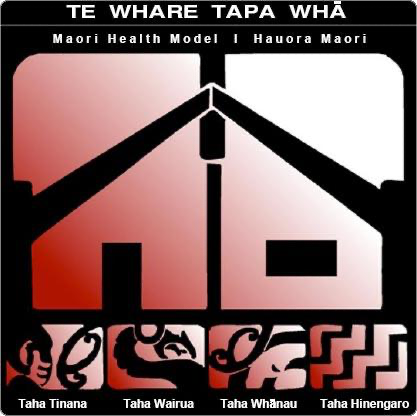
Today, I had the privilege of spending the day at a college in Ōtautahi, listening to thirteen teenagers who are just beginning their journey in a new educational environment. Each of these one-to-one conversation was a reflection on their well-being and aspirations.
Together, we explored how these young people could be best supported in their learning and growth, using the Māori health model, Te Whare Tapa Whā*, as a guiding framework.
As they shared their stories, many spoke of Taha Tinana, their physical health, expressing concerns about energy levels, physical activities, and mostly their sleep patterns, which play a crucial role in how they engage with their studies. Some voiced the challenges they faced with their mental health, aligning with Taha Hinengaro, and the pressures of navigating a new social environment, especially as they balance schoolwork and personal expectations.
Taha Whānau mostly emerged in the way they talked about family connections and friendships, emphasizing how critical their relationships are in providing emotional support and security. Interestingly, Taha Wairua—the spiritual dimension—surfaced in unexpected ways. For some, it was tied to personal values, a sense of purpose, or cultural identity. Others spoke about feeling spiritually connected to their family, expressing how deeply this influenced their sense of belonging and support.
By integrating these Māori principles, I aim to honour the rich indigenous culture of Aotearoa and provide a framework that is truly relevant to the lives of the young people I work with.
The purpose of this work is always to empower them to shape their “own beautiful lives”, a concept that resonates deeply with the ideas shared by Dr. Christoph Teschers, a wonderful academic from UC with whom I’ve been fortunate enough to collaborate. His work, along with my own practice, continues to inspire me to guide young people toward lives that are not just successful, but truly beautiful in their own right.
* This well-known holistic model considers four dimensions of well-being—Taha Tinana (physical), Taha Hinengaro (mental and emotional), Taha Whānau (social), and Taha Wairua (spiritual). It emphasizes that true well-being comes from a balance across all these areas, much like a house (whare) that stands strong only when all four walls are supported.
Philosophy and poetry nights...
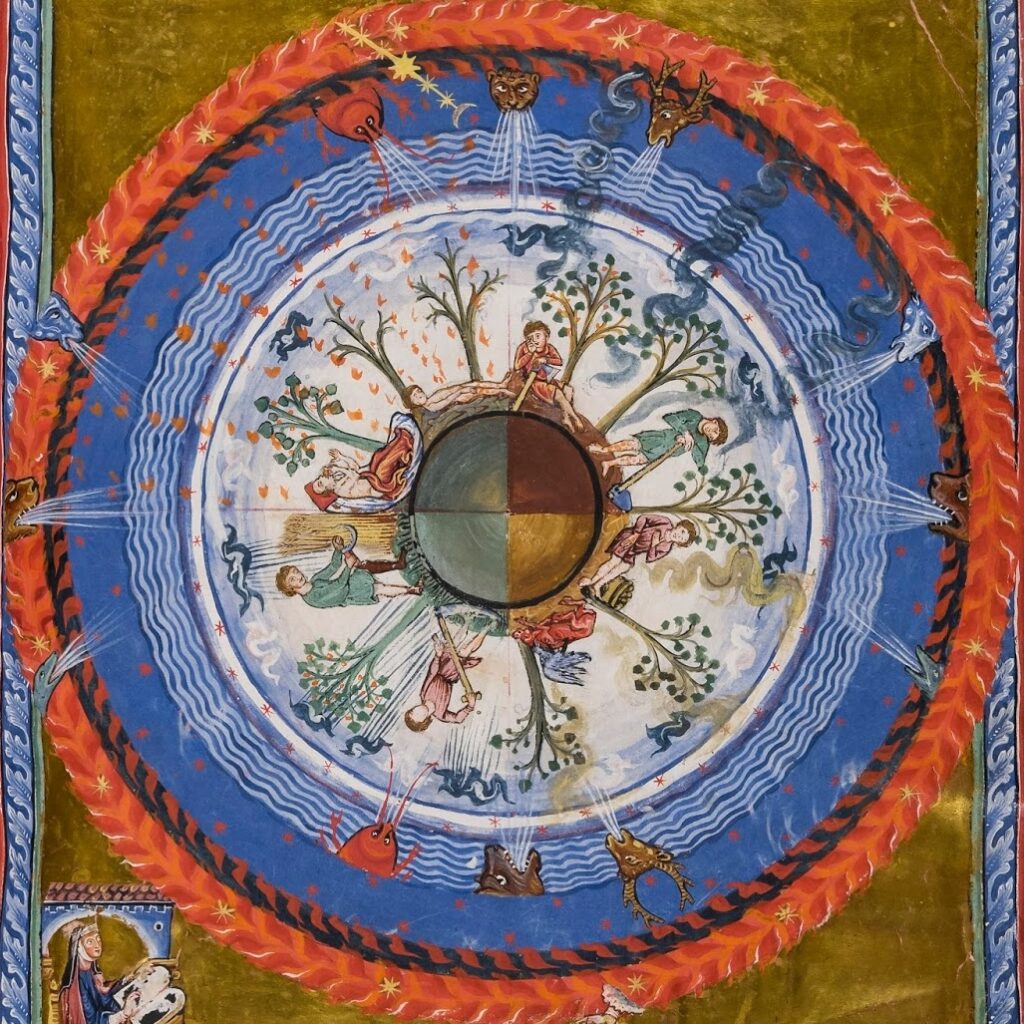
Fortnightly beginning Wednesday 16th October - 6:30-7:45pm
This Spring, let’s explore the rich interplay between philosophy and poetry. Over five evenings, we will delve into the profound insights of French philosophers Gaston and Suzanne Bachelard, whose reflections on the four elements—earth, water, air, and fire—invite us to connect deeply with the natural world and our inner selves. Each night, we will engage with the works of poets who inspired the Bachelards, enhancing our understanding of these elemental themes through their evocative language.
PS: Each session in this series is standalone, meaning you can join any one of them without needing to attend the others.
Wednesdays - Fortnightly - 6:30pm-7:45pm
16th of October: The Poetics of Reverie
30th of October: The Flame of a Candle
13th of November: Air, the Imagination of Movement
27th of November: The Earth and the Reveries of Will
11th of December: Water and Dreams
"PHILOSOPHY HAS THE POWER TO RECONCILE THE SCIENTIFIC MIND WITH THE POETIC MIND, TO MAKE THEM WORK TOGETHER IN THEIR DEEPEST ASPECTS."
G. BACHELARD, THE POETIC OF SPACE
“Your own beautiful life”!
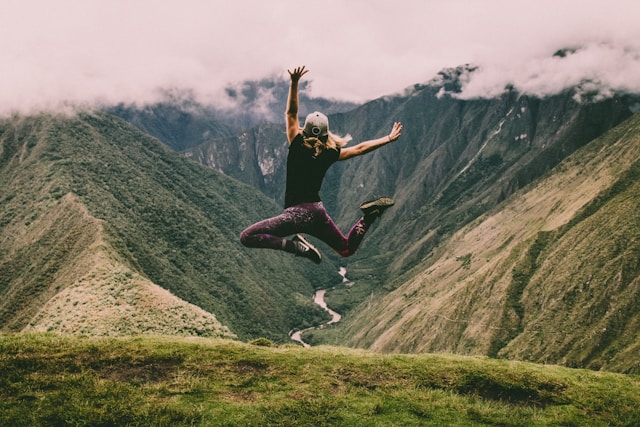
This week, I led a short circle/workshop on the themes of culture, beliefs, values, and spirituality.
Teenagers from an Ōtautahi college were tasked with sharing their beliefs and values in one of their assignments, as well as reflecting on how spiritual and cultural factors could support their learning.
It was interesting to see that many of them initially thought they had no beliefs or values, and that spirituality and culture had no place in their lives. However, after a brief discussion, many realized that they did hold certain values, such as “respect,” which they considered very important. They also identified the significance of family and friendship. Some students discovered that being part of a rock band was a cultural activity, and that, yes, snowboarders have a distinct culture that can be both supportive and conducive to personal growth!
Many also came to understand “spirituality” in a broader sense than they had originally thought.
I love these short philosophical circles, as they are an especially effective format for teenagers and young adults. I truly believe they can help them shape their “own beautiful lives.”*
*This expression comes from a local philosopher I was fortunate enough to work with, Dr. Christoph Teschers. I encountered this lovely phrase, “own beautiful life,” in his soon-to-be-published book, which is currently under press!